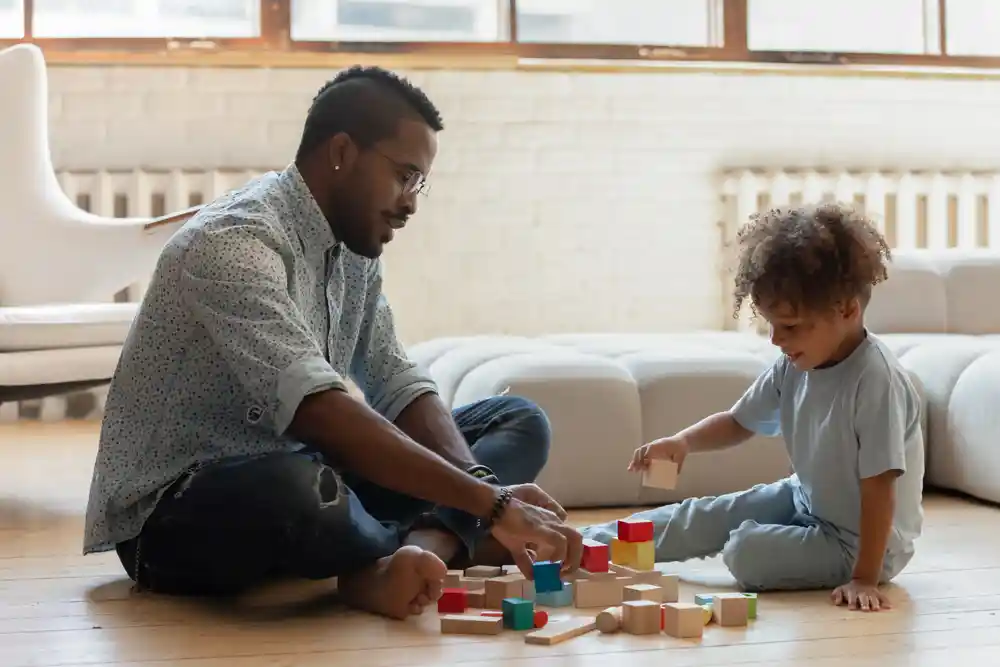
Childhood is a time of growth and exploration, but for some children, navigating emotions like shyness or frequent tantrums can become challenging. These behaviors, while common, can interfere with a child’s ability to form relationships, communicate effectively, and develop emotional resilience. Fortunately, play therapy offers a supportive and effective approach to help children address these difficulties and thrive.
Understanding Shyness and Tantrums
Shyness is more than just being “quiet” or “reserved.” For some children, shyness can result in overwhelming feelings of self-consciousness, anxiety in social situations, and difficulty expressing their thoughts and emotions. Over time, this can hinder their social development and confidence.
Tantrums, on the other hand, are often a child’s way of expressing frustration, anger, or sadness when they lack the words or emotional tools to cope. While occasional outbursts are normal, frequent or intense tantrums may signal deeper emotional or behavioral challenges.
The Role of Play Therapy
Play therapy is a specialized form of therapy that uses play as a medium to help children explore their emotions, develop coping skills, and address underlying issues. Here’s how it can specifically benefit children struggling with shyness and tantrums:
- Safe Space for Expression
- Play therapy provides a safe, nonjudgmental environment where children feel comfortable expressing themselves.
- Through toys, art, and imaginative play, children communicate their feelings and experiences in ways that feel natural and enjoyable to them.
- Building Emotional Awareness
- Therapists use play to help children identify and understand their emotions.
- For a shy child, this might involve role-playing scenarios to practice social skills and boost confidence.
- For a child prone to tantrums, this might include activities that teach self-regulation and frustration tolerance.
- Strengthening Parent-Child Relationships
- Play therapy often incorporates parent-child sessions, fostering better communication and understanding.
- Parents learn techniques to support their child’s emotional needs and reinforce positive behaviors at home.
- Developing Problem-Solving Skills
- Through guided play, children learn to navigate challenges, resolve conflicts, and express their needs in healthy ways.
- These skills translate into reduced anxiety for shy children and fewer tantrums for emotionally overwhelmed children.
- Tailored to the Child’s Needs
- Every child is unique, and play therapy adapts to meet individual developmental and emotional needs.
- A skilled therapist will design activities and interventions that resonate with the child’s specific struggles.
Signs Your Child Might Benefit from Play Therapy
If you’re wondering whether play therapy could help your child, here are some signs to look for:
- Avoidance of social interactions or extreme fear in new situations
- Difficulty expressing feelings or needs
- Frequent meltdowns or tantrums that seem disproportionate
- Trouble adapting to changes or transitions
- Withdrawal from friends, family, or activities they once enjoyed
Partnering with a Play Therapist

Seeking help is a courageous step toward supporting your child’s emotional health. At Social House Wellness Company, we understand the complexities of childhood emotions and behaviors. Our experienced play therapists create a nurturing environment where your child can explore their feelings, build confidence, and develop lifelong coping skills.
Whether your child struggles with shyness, tantrums, or other emotional challenges, play therapy can empower them to overcome obstacles and grow into their full potential. Contact us today at 832-284-7354 to learn more or schedule an appointment.
